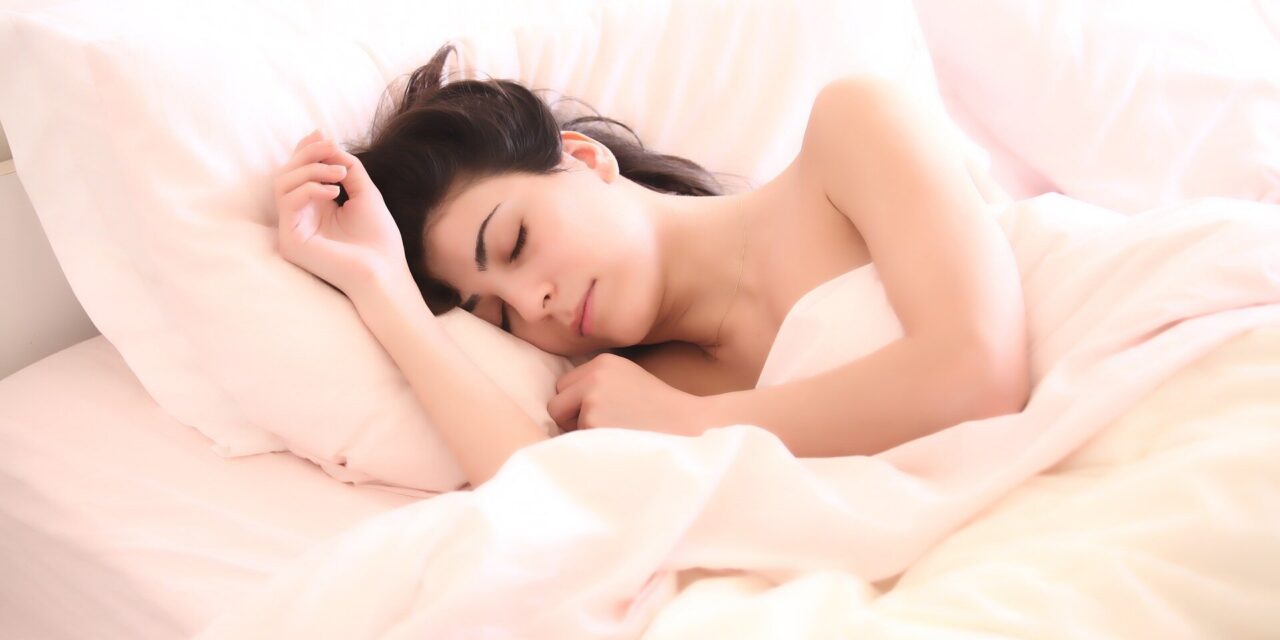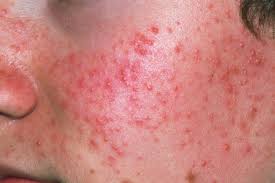Date: August 22, 2024
Summary: Contrary to widespread beliefs, the blue light emitted by smartphones and other screens only marginally affects sleep onset, delaying it by an average of 2.7 minutes, according to recent research.
Body:
In today’s digital age, concerns about the impact of blue light from screens on sleep have become increasingly prevalent. From marketing claims about blue light-blocking glasses to the proliferation of “night mode” features on devices, there is a strong emphasis on reducing blue light exposure before bed. However, new findings suggest that the impact of this light may be significantly less than previously thought.
Recent studies indicate that while blue light has been implicated in disrupting sleep by interfering with melatonin production, the actual effect of smartphone screens is minimal. Blue light, a high-energy light emitted by screens, is known to influence melatonin—a hormone responsible for regulating sleep. During daylight hours, exposure to blue light helps keep us alert. Conversely, reduced light levels at night trigger melatonin production, promoting sleepiness.
The theory suggests that artificial blue light from screens might hinder melatonin production, leading to delayed sleep. However, research shows that the light intensity from devices like smartphones, which measures around 80-100 lux, is substantially lower than the 1,000-2,000 lux required to impact melatonin production significantly. For comparison, natural sunlight can reach up to 100,000 lux.
Factors Influencing Technology Use Before Bed:
The study reveals that technology use before bedtime is often influenced by two primary factors:
- Filling Time: Individuals, especially teenagers with shifted sleep patterns, might use technology to pass time when not yet sleepy.
- Emotional Regulation: Technology can serve as a tool for managing stress and providing comfort, further contributing to its use before bed.
Additionally, certain personality traits and social influences may exacerbate late-night technology use. People who are risk-takers or easily lose track of time might find themselves using devices later than intended, sacrificing sleep in the process. Social pressures and fear of missing out also play a significant role, particularly among younger demographics.
Promoting Healthy Technology Habits:
Despite the minimal impact of blue light itself, there are effective strategies to manage technology use before bedtime. Research highlights the importance of self-control in resisting the immediate gratification of device use. Furthermore, having a supportive parent or loved one to help set and enforce bedtimes can also be beneficial.
Conclusion:
The recent study underscores that while bright light does affect sleep and alertness, the blue light from smartphones and similar devices is unlikely to be a major disruptor. Instead of focusing solely on blue light exposure, individuals should pay attention to their overall sleep habits and listen to their bodies. Whether it’s using screens or reading an e-book before bed, understanding personal sleep needs and managing technology use accordingly remains crucial for maintaining healthy sleep patterns.
Takeaway Message: The blue light from your phone might delay your sleep by just 2.7 minutes. While reducing screen time before bed can still be beneficial, it’s essential to recognize that numerous factors influence sleep, and personal sleep habits should be tailored to individual needs.











